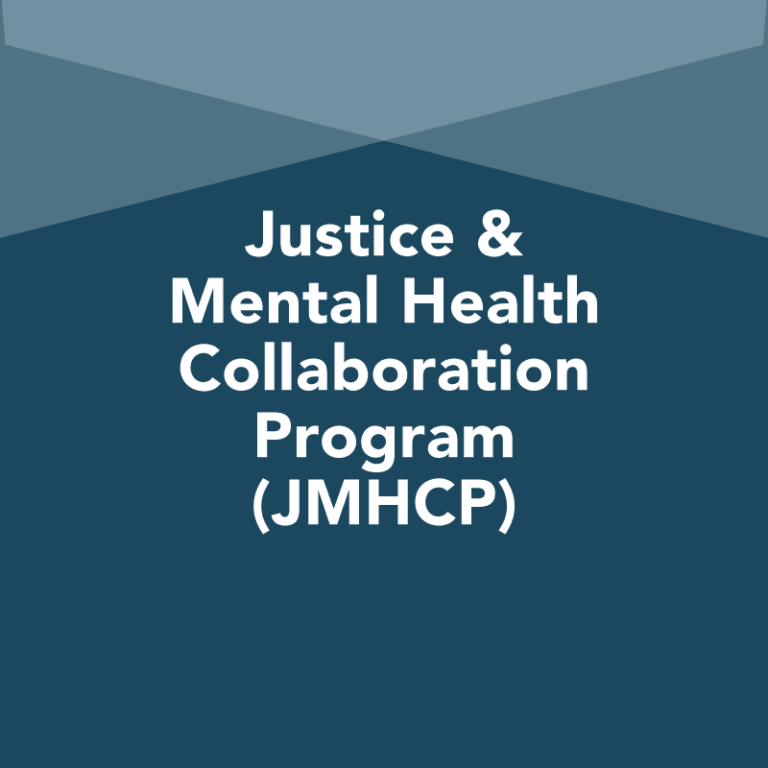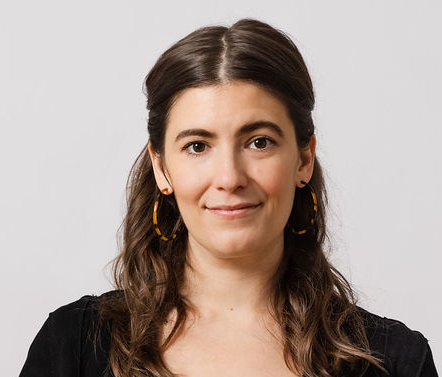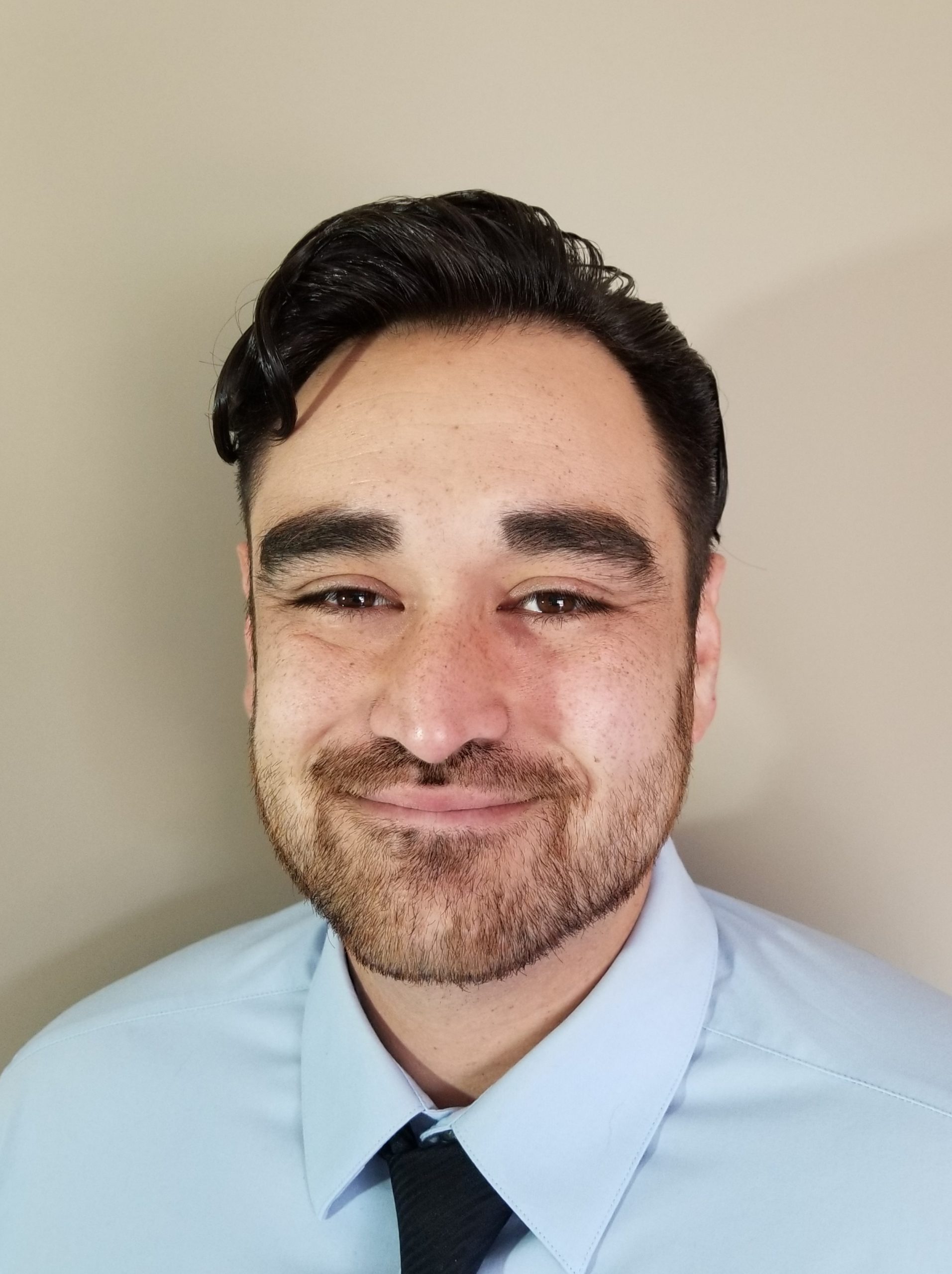Federal funding can be a key source to support the piloting, initial operations, or expansion of interventions that serve people with behavioral health needs in the justice system. These grants are also often paired with training and assistance to help communities through the challenges of advancing and sustaining new collaborations. This brief presents a range of available federal funding opportunities that focus on criminal justice, behavioral health, and housing. Photo credit: Photo by airfocus on Unsplash
Related Resources

Preparing Law Enforcement Agencies for Embedded Clinicians
Crisis Systems, Law Enforcement, Mental Health
Read more
Building Successful Partnerships with Peer-Run Organizations
Co-Occurring Substance Use, Mental Health
Read more
FY2023 Planning and Implementation Guide for JMHCP Connect and Protect
Co-Occurring Substance Use, Law Enforcement, Mental Health
Read moreAuthors

Katie Holihen
Senior Policy Analyst, Behavioral Health
Katie Holihen works to advance locally driven state policymaking at the intersection of criminal justice, behavioral health, and housing. Prior to joining the CSG Justice Center, Katie was a grant analyst at the Cook County Public Defender’s Office in Chicago, where she worked with cross-sector partners to launch holistic defense and data analytics programs. She also led curriculum development for national law enforcement training initiatives in procedural justice and cultural humility at the Center for Public Safety and Justice at the University of Illinois at Chicago. Katie has a BA in history and political science from Marquette University and an MSW from Jane Addams College of Social Work at the University of Illinois at Chicago.

Joey Hayashi
Policy Analyst, Behavioral Health
Joseph Hayashi provides technical assistance focused on substance use disorders, co-occurring substance use disorders, and mental illnesses to enhance collaboration between local and state agencies. Before joining the CSG Justice Center, Joseph directed a program for local youth in an underserved area. Previously, Joseph worked for the Jackson County, Oregon, Transition Center, where he worked with incarcerated individuals who had substance use needs. Joseph has a BS in criminal justice from Southern Oregon University and an MA in international policy and development from the Middlebury Institute of International Studies.